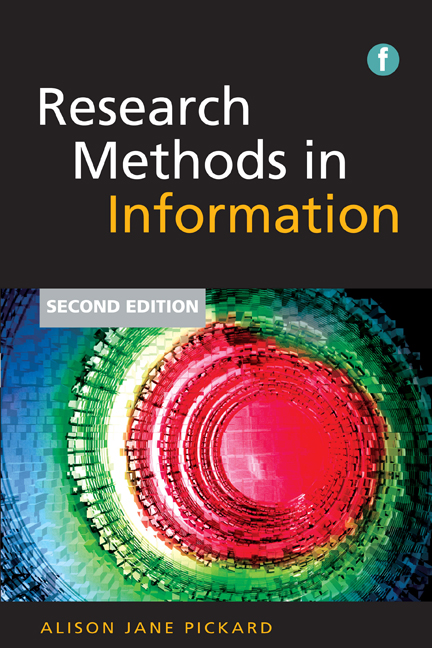Book contents
- Frontmatter
- Contents
- Preface to the second edition
- Acknowledgements
- Introduction
- Part 1 Starting the research process
- 1 Major research paradigms
- 2 Reviewing literature
- 3 Defining the research
- 4 The research proposal
- 5 Sampling
- 6 Research Data Management
- 7 Ethics in research
- Part 2 Research methods
- Part 3 Data collection techniques
- Part 4 Data analysis and research presentation
- Part 5 Glossary and references
- Index
1 - Major research paradigms
from Part 1 - Starting the research process
Published online by Cambridge University Press: 08 June 2018
- Frontmatter
- Contents
- Preface to the second edition
- Acknowledgements
- Introduction
- Part 1 Starting the research process
- 1 Major research paradigms
- 2 Reviewing literature
- 3 Defining the research
- 4 The research proposal
- 5 Sampling
- 6 Research Data Management
- 7 Ethics in research
- Part 2 Research methods
- Part 3 Data collection techniques
- Part 4 Data analysis and research presentation
- Part 5 Glossary and references
- Index
Summary
Introduction
The primary purpose of this text is to provide an overview of the research process and a guide to the options available to any researcher wishing to engage in that process. It has been said that too much time spent engaging in the ‘higher’ philosophical debate surrounding research limits the amount of actual research that gets done. All researchers have their work to do and ultimately it is the ‘doing’ that counts, but the debate is a fascinating one and it would be very remiss not to provide you with some level of introduction to it. If you find yourself reading this chapter and thinking ‘so what?’, take some time to examine the implications of a paradigm on the research process. What follows is a very brief discussion of the major research paradigms in the fields of information, communication and related disciplines.
We are going to take a tour of three research paradigms: positivism, postpositivism and interpretivism. I had considered revising this for this edition but after extensive investigation into the developing discourse, I have decided that my basic belief has not been altered by these debates. There are those that lament the absence of a fourth paradigm which covers the mixed-methods approach from this text, namely pragmatism, but try as I might I can find no philosophical underpinning for pragmatism that is not already argued within a postpositive axiology. For some this will be too much, for others too little. Those of you who want more can follow the leads at the end of the chapter; those of you who want less, please bear with me for the brief tour of the major research traditions of our dis cipline. Having at least a basic understanding of different research paradigms is important at any level, if for no other reason than making you aware of the potential implications of the choices you make: ‘Being aware of paradigmatic blinders is a first step towards greater situational responsiveness and creativity in making methods decisions’ (Patton, 1988, 118).
Guba and Lincoln go further and claim that ‘paradigm issues are crucial; no inquir - er ought to go about the business of inquiry without being clear about just what paradigm informs and guides his or her approach’ (1998, 218).
- Type
- Chapter
- Information
- Research Methods in Information , pp. 5 - 24Publisher: FacetPrint publication year: 2013



